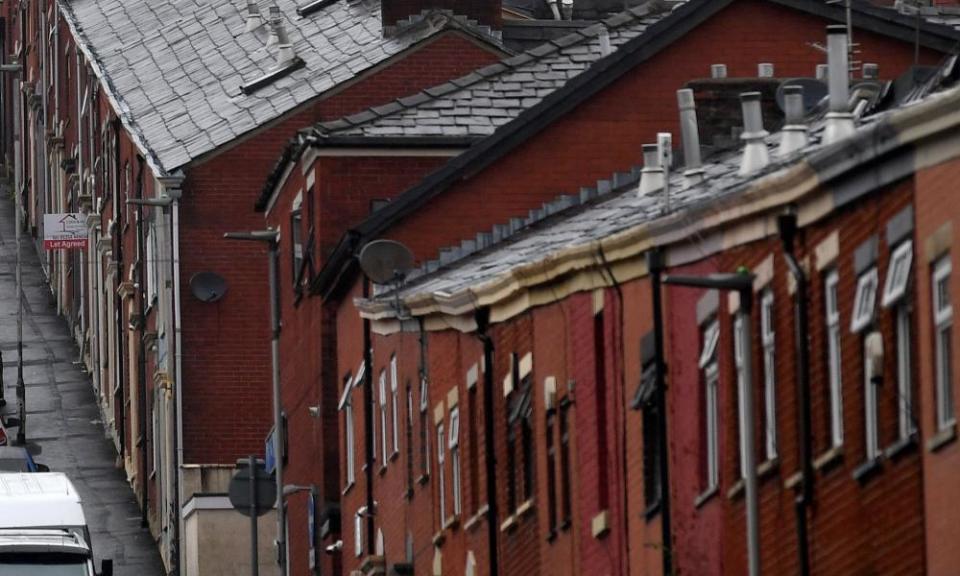Is a bill for council tax empty homes premium correct?

Q I am writing to you in the hope you can help clarify and maybe help us with a dispute with West Lancashire borough council regarding the empty homes premium. My grandparents (for whom I hold power of attorney) have recently moved to west Lancashire to be close to me and my wife.
Upon completion of the purchase of their new home they were issued with a council tax bill that includes a surcharge for the empty homes premium. It turns out the property had been empty for more than two years as the previous owner had been moved to a nursing home and my grandparents are being charged for the time it was uninhabited even though they did not own the property at the time.
My grandparents are now in a position where they are being asked to pay a council tax bill they cannot afford that is double what they expected with no prior warning when purchasing the property. They are already out of pocket because they had to pay the higher rate of stamp duty as they have not yet managed to sell their previous home because of Covid-19.
I cannot accept that this is the correct and legal implementation of the empty homes legislation but I have been unable to get a clear answer on that. It is a great source of stress to my grandparents in an already difficult time.
EB
A First the good news: if your grandparents manage to sell their former home within three years of moving into their current home, they will be able to claim a refund of the higher rate of stamp duty land tax that they had to pay. The less good news is that they may well be liable to pay twice the council tax bill they were expecting. When it was introduced in April 2013, the council tax empty homes premium meant that councils were able to charge a premium of up to 50% of the council tax on a property that has been unoccupied and unfurnished for two years of more. Since April 2019, the premium can be up to 100% of the council tax – so double the normal bill. The bad news is that, according to guidance published by Lancaster city council’s (LCC) along with other local councils, “liability for the empty homes premium is determined by the length of time that the property has been empty. An individual who purchases a property which has already been empty for two years or more may be required to pay the premium as soon as they take ownership”. But the LCC guidance also provides a glimmer of hope in saying that “an empty dwelling [for the purposes of the empty homes premium] is one which is unoccupied and substantially unfurnished”. If the former owner of your grandparents’ new home moved out to go into a care home, it is highly unlikely that the property was left “substantially unfurnished”. So, the property wouldn’t have matched the definition of an empty home for the purposes of the empty homes premium.
But even if the property was both empty and unfurnished for more than two years, if it was up for sale or available for rent in that time, charging the premium on it goes against guidelines from the former Department for Communities and Local Government (DCLG). These clearly state that giving councils “the power to charge a premium was not to penalise owners of property that is genuinely on the housing market for sale or rent”. The DCLG guidance also encourages councils to “consider the reasons why properties are unoccupied and unfurnished” before applying a premium, so as to not penalise people – like the former owner of your grandparents’ house – whose circumstances necessitate leaving a property empty rather than leaving it empty on purpose. The most persuasive argument in your grandparents’ favour is that by moving into their new home, and living there for at least six weeks, the property has been brought back into use and so is no longer an empty home.
• Want expert help finding your new mortgage? Use our new online tool to search 1000s of deals from over 80 lenders with the Guardian Mortgage Service, powered by L&C.

 Yahoo Finance
Yahoo Finance 